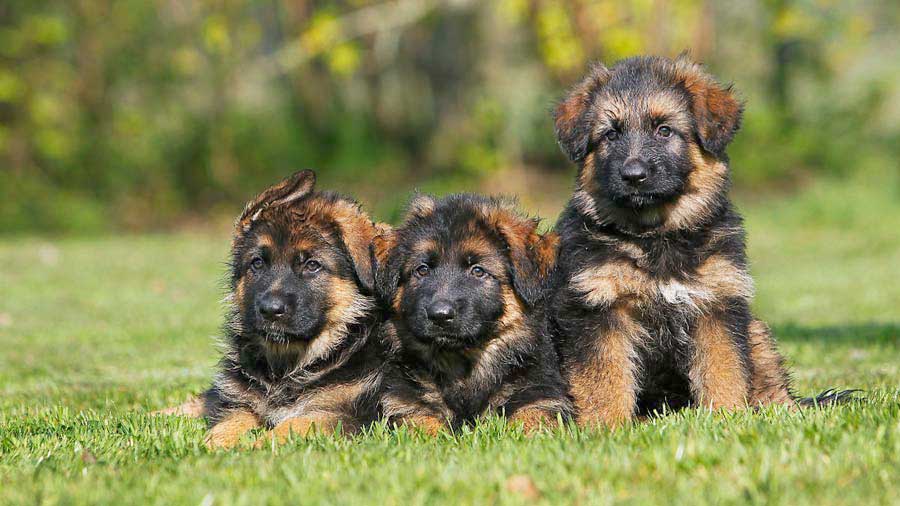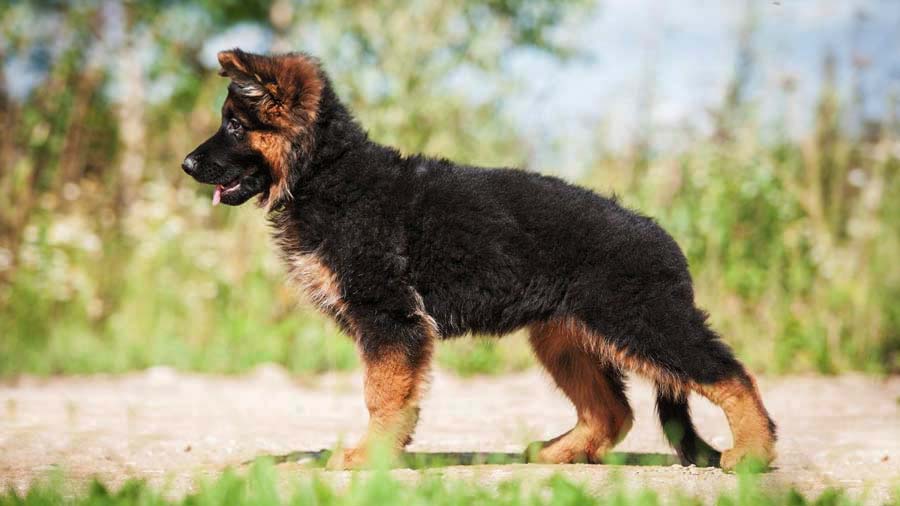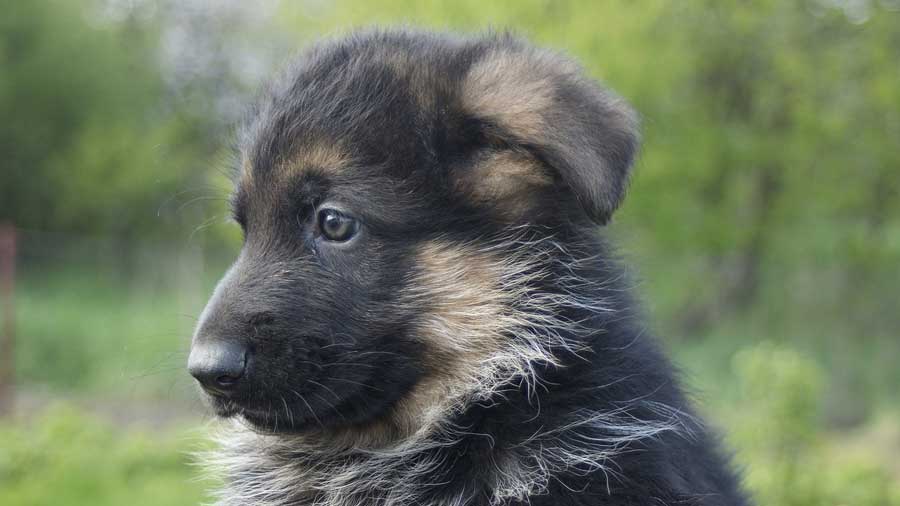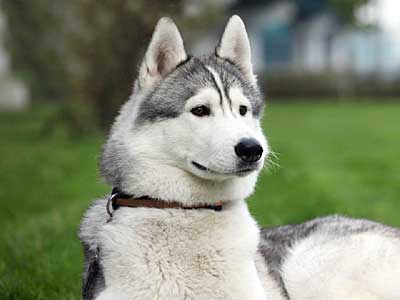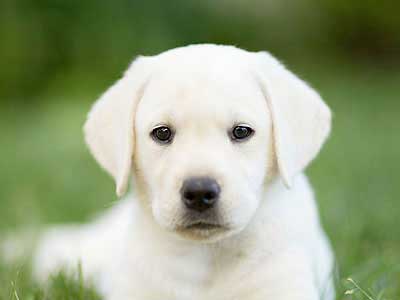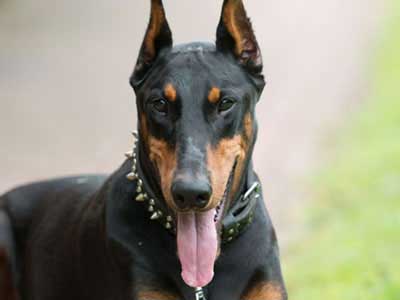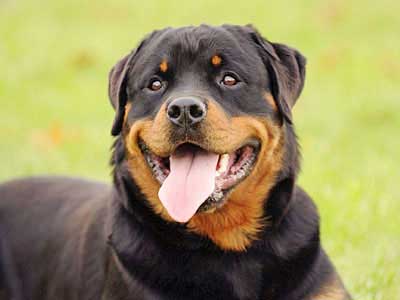German Shepherd Dog
Breed Information |
|
|---|---|
| Popularity |
2022: #4 2021: #4 2020: #3 2019: #2 2018: #2 2017: #2 2016: #2 2015: #2 |
| Name | German Shepherd |
| Other names | Alsatian (UK), Alsatian wolf dog (UK), Berger Allemand, Deutscher Schäferhund, Schäferhund |
| Origin |
|
| Breed Group | Herding (AKC:1908, UKC) |
| Size | Large |
| Type | Purebred |
| Life span | 10-13 years |
| Temperament |
Alert Confident Courageous Curious Intelligent Loyal Obedient Watchful |
| Height |
Male: 24-26 inches (60-65 cm) Female: 22-24 inches (55-60 cm) |
| Weight |
Male: 66-88 pounds (30-40 kg) Female: 49-71 pounds (22-32 kg) |
| Colors |
Black Black and Tan Black & Silver Black & Red |
| Litter Size | 6-10 puppies |
| Puppy Prices |
Average $800 - $2000 USD On average, the cost of a German Shepherd ranges from $800-$1,500 (pet-quality). German Shepherds who have “Champion” blood, who have pure German blood or who are directly immigrated from breeders in German will be offered at a very high price level, which could be up to $4000 (shipping cost excluded). |
Breed Characteristics |
|
|---|---|
| Adaptability |
5 stars |
| Apartment Friendly |
3 stars The German Shepherd will do okay in an apartment if sufficiently exercised. They are relatively inactive indoors and do best with at least a large yard. |
| Barking Tendencies |
2 stars Occassional |
| Cat Friendly |
3 stars The German Shepherd can also live peacefully with other dogs and pets, as long as he was taught to do so from puppyhood. Introducing an adult German Shepherd to a household with other pets can be more difficult if the dog isn't used to getting along with other dogs or cats. You may need to hire a professional trainer to help, or get advice from the rescue organization if that's where you acquired the adult German Shepherd. |
| Child Friendly |
5 stars Good with Kids: This is a suitable dog breed for kids. It is also friendly toward other pets but aloof and suspicious toward strangers. |
| Dog Friendly |
2 stars |
| Exercise Needs |
4 stars German Shepherd Dogs love strenuous activity, preferably combined with training of some kind, for these dogs are very intelligent and crave a good challenge. Most shepherds love to play ball or Frisbee. Whether it is ball chasing, Frisbee catching, obedience training, participation in a canine playgroup or just taking long walks/jogs, you must be willing to provide some form of daily, constructive exercise. The daily exercise must always include daily walks/jogs to satisfy the dog’s migration instinct. If under-exercised and/or mentally challenged, this breed can become restless and destructive. Does best with a job to do. |
| Grooming |
3 stars Moderate Maintenance: The German Shepherd Dog has a thick, medium-length double coat that sheds, a lot and constantly, so much that even his fans call him a “German shedder.” The undercoat sheds heavily in spring and fall, and the German Shepherd must be brushed and bathed frequently during that time to get out all the loose hair. The rest of the year, weekly brushing is generally enough to keep him clean. |
| Health Issues |
4 stars Hypoallergenic: No |
| Intelligence |
5 stars Ranking: #3 Full Ranking ListSynonymous with intelligence, German shepherds were ranked third when more than 200 AKC judges rated over 100 breeds on their intelligence. They’re easy to train, learning many simple commands in as little as five repetitions. |
| Playfulness |
3 stars |
| Shedding Level |
5 stars Constant and Seasonal Shedding: Expect this dog to shed frequently. Be prepared to vacuum often. Brushing will reduce shedding as well as make the coat softer and cleaner. |
| Stranger Friendly |
1 stars |
| Trainability |
5 stars Easy Training: German Shepherd Dogs are eager pupils and are quick to learn new tricks. They are most responsive to their owner’s voice. The German Shepherd Dog’s versatility makes them suitable for a wide variety of activities including dog sports. |
| Watchdog Ability |
5 stars Great Watchdog Ability: This dog will bark and alert its owners when an intruder is present. It exhibits very protective behavior, acts fearless toward any aggressor, and will do what it takes to guard and protect its family. |
German Shepherd Names |
||
|---|---|---|
| Rank | Boy Names | Girl Names |
| 01 | Max | Bella |
| 02 | Charlie | Molly |
| 03 | Rocky | Lola |
| 04 | Jack | Sadie |
| 05 | Toby | Bailey |
| 06 | Cody | Emma |
| 07 | Buster | Gracie |
| 08 | Oliver | Lulu |
| 09 | Harley | Coco |
| 10 | Tucker | Annie |
| 100 Cute Puppy Names › | ||
Overview |
|---|
|
The German Shepherds are medium to large-sized dogs, well-balanced, muscular dog, slightly longer than tall, with a medium length coat, erect ears, and a low-set natural tail that normally reaches to the hock and is carried in a slight curve like a saber. The outline of the German Shepherd Dog is made up of smooth curves rather than angles. The head is in proportion to the size of the body, strong without appearing coarse or fine. Gender differences are readily apparent. The German Shepherd Dog should be evaluated as an all-around working dog, and exaggerations or faults should be penalized in proportion to how much they interfere with the dog’s ability to work. The German Shepherd Dog is confident and fearless, willing to be approached, yet a certain level of aloofness towards strangers is acceptable. When working, the German Shepherd is alert and eager, adapting well to new tasks. Lack of confidence is a serious defect in the character of a German Shepherd. The structure of this breed was designed for efficient locomotion, particularly at the trot, so poor movement is another serious fault. |
History |
|
The German Shepherd Dog is a relatively young breed, developed almost single-handedly in the first half of the twentieth century by a German cavalry officer, Max von Stephanitz, president of the Verein far Deutsche Schaferhunde S.V. Using a variety of German sheepdogs as his foundation stock, von Stephanitz developed a distinctive breed in a very short period of time, due in large part to the authoritarian practices of the German dog fancy at that time. Von Stephanitz emphasized utility and intelligence in his breeding program, enabling the German Shepherd Dog to switch easily from herding duties to other fields of work, particularly military and police work. The breed was just gaining notice in the United States when World War I broke out. All things German were shunned and popularity slumped. After the war, however, movie star Rin-tin-tin stimulated interest in the breed again. The striking good looks of this breed, combined with its remarkable intelligence and loyalty, have made it a favorite working and companion dog. |
References
- [1] ^ YouTube: German Shepherd Everything You Need to Know
- [2] ^ YouTube: German Shepherd VS Belgian Malinois
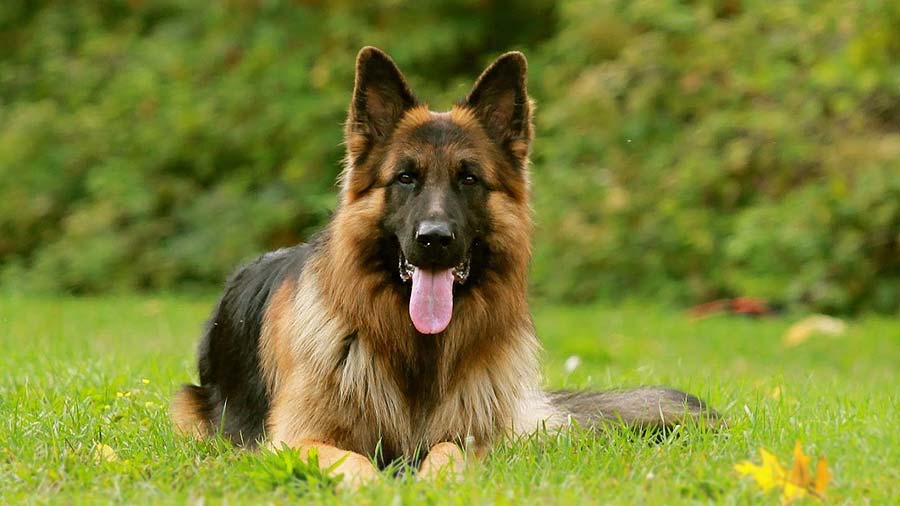
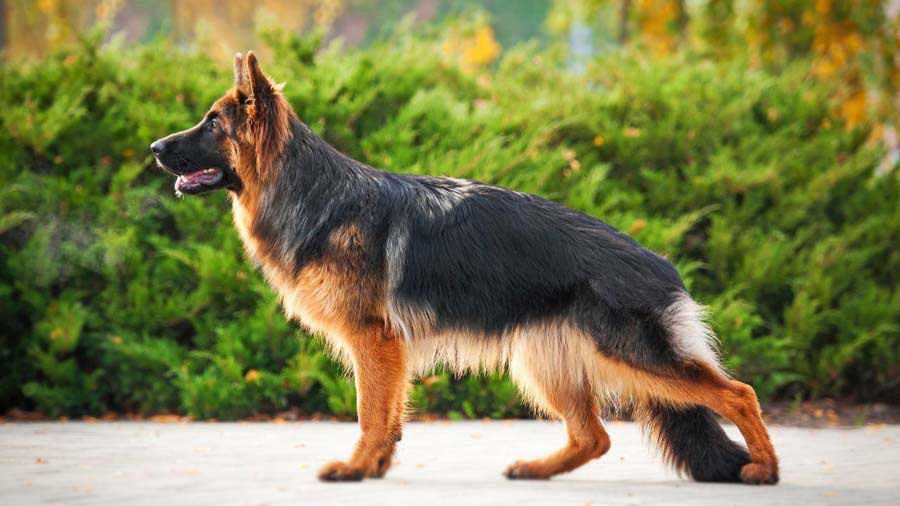
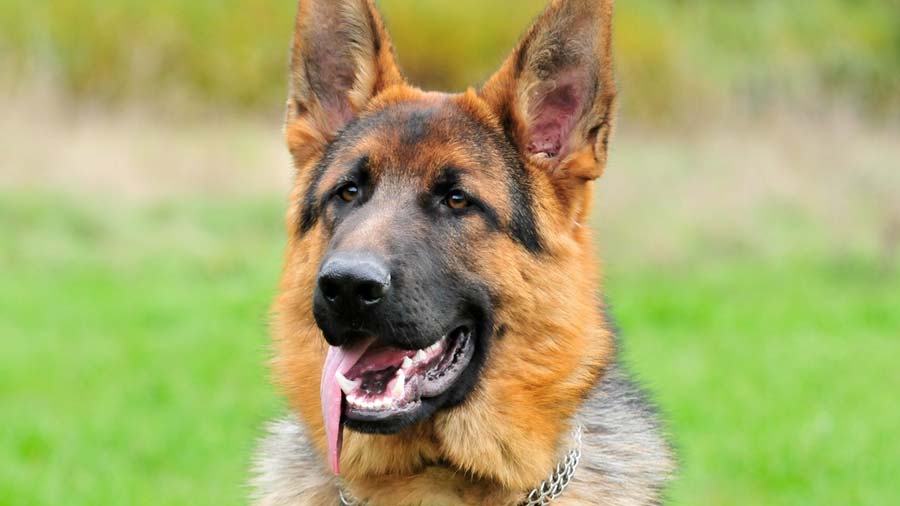
 Germany
Germany